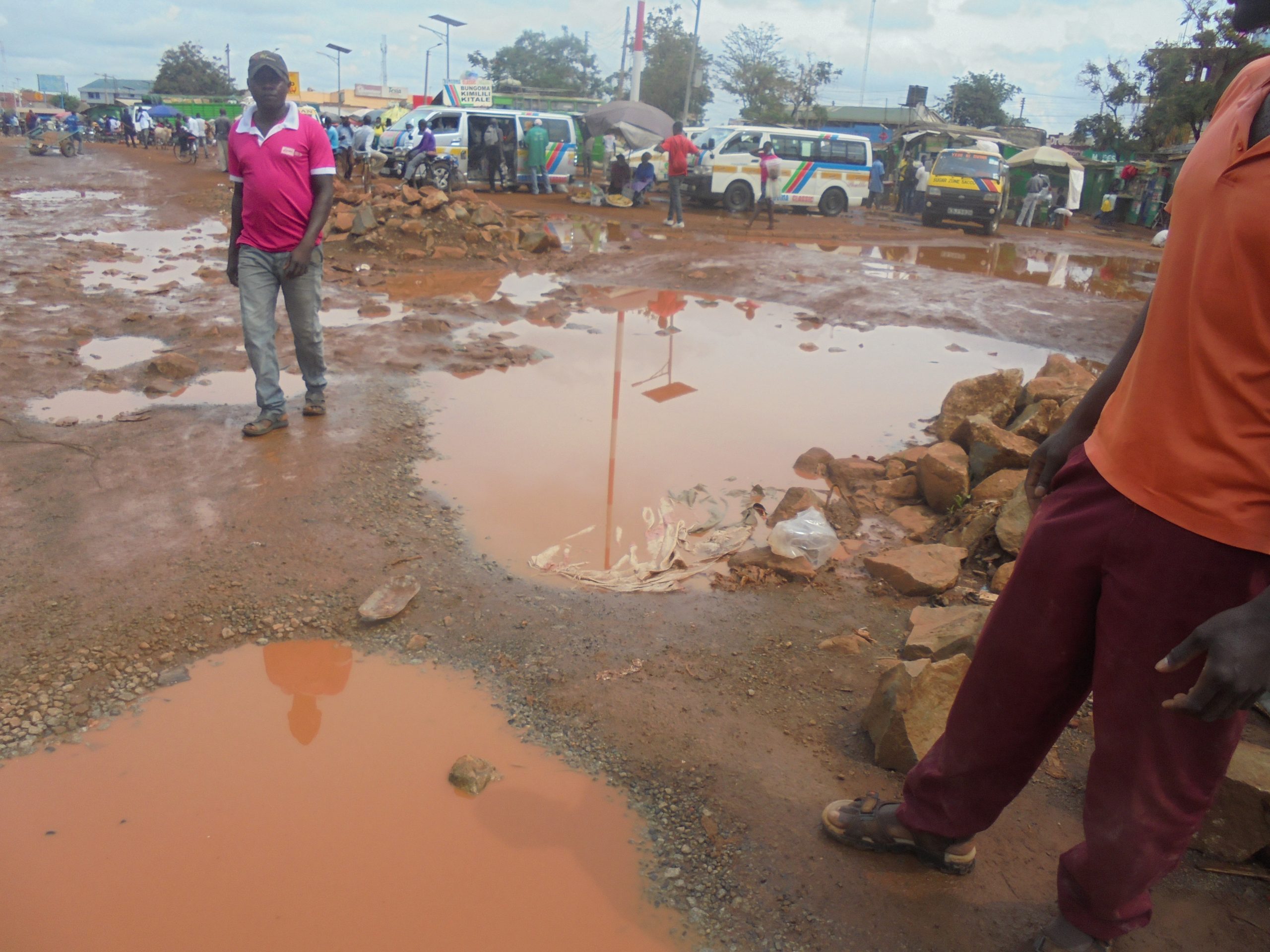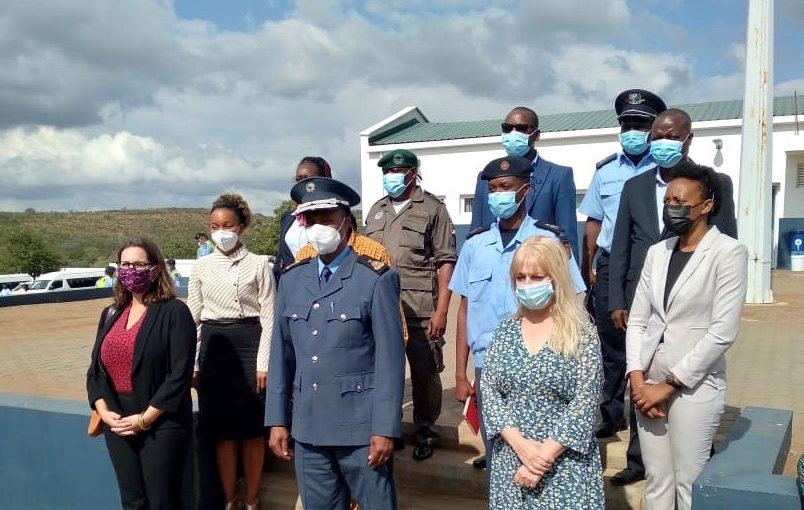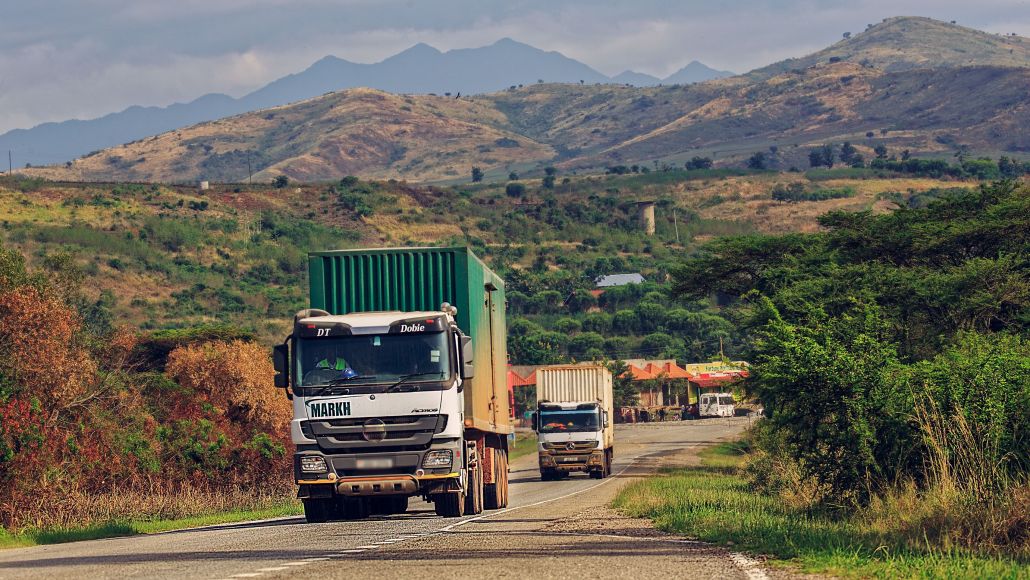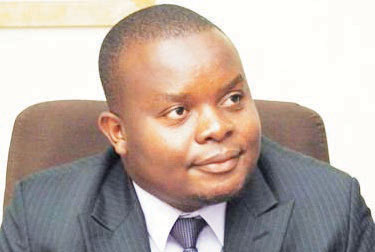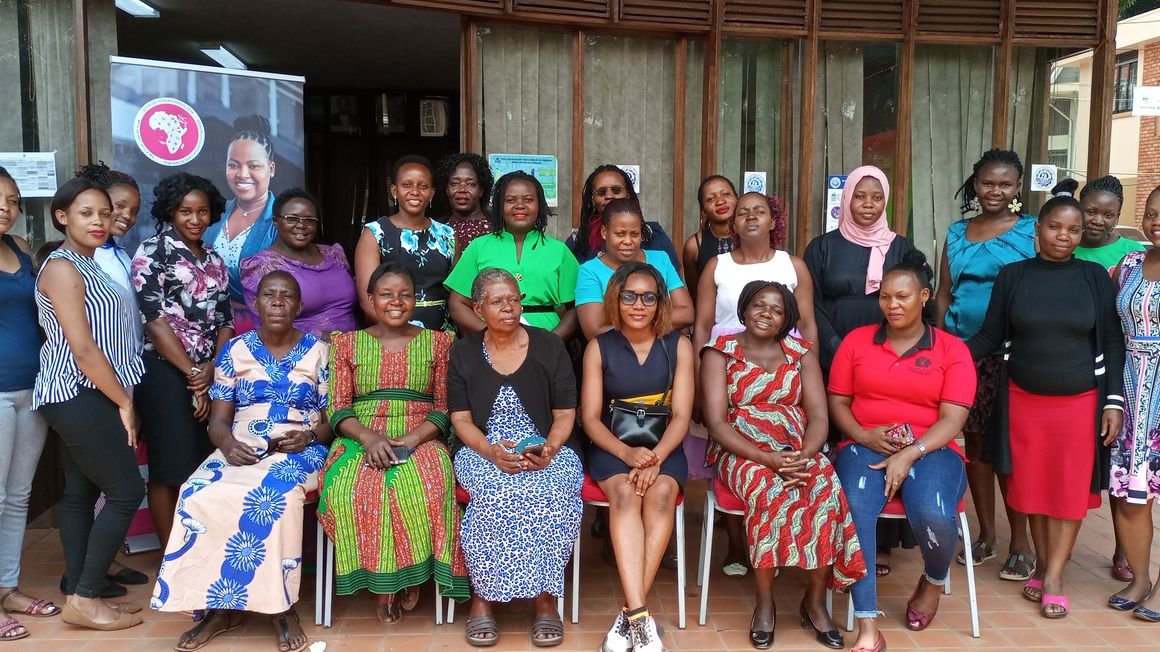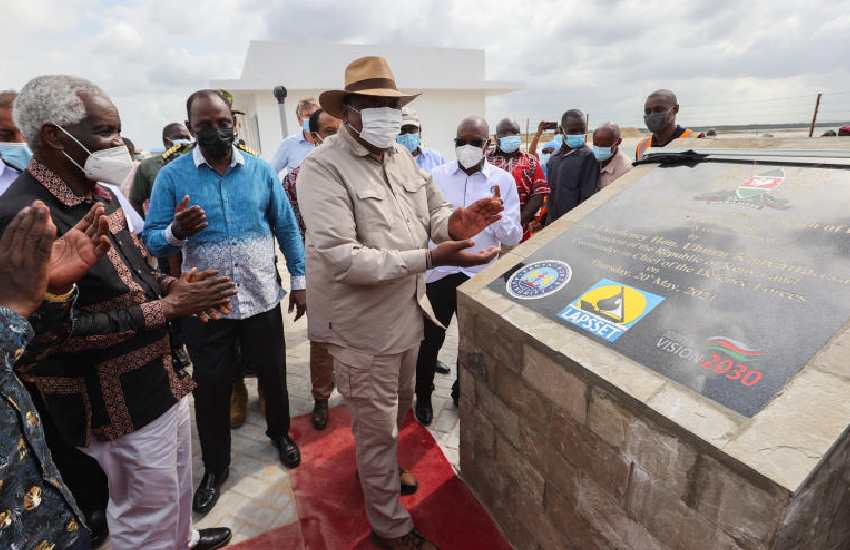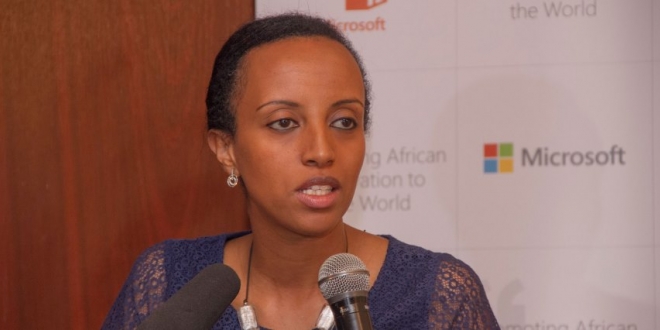KeNHA has commenced works to rehabilite the busy Busia-Kisumu highway much to the relief of motorists. The rehabilitation will ease traffic congestion on the trunk road which connects the border town of Busia to the Great Lakes Region occasioned by transit trucks that pile up awaiting clearance at the Busia One Stop Border Post (OSBP). This comes after intense pressure from commuters, traders and the County Government of Busia through Governor Sospeter Ojaamong. The scope of work will involve expansion and re-carpeting of the 40km highway from Amukura House to Ugunja in Siaya County. Get breaking news on your Mobile as-it-happens. SMS ‘NEWS’ to 20153 KeNHA revealed that the stretch between the Korinda junction and Busia One Stop Border Post will be made a dual highway. Ojaamong said it is a good start, noting that his Government is going to engage the British High Commission who initiated the project, US Ambassador to Kenya, Trademark East Africa and other willing donors so that the entire road can be constructed into a dual highway. “The Busia-Kisumu highway especially near the OSBP is in a pathetic state with county residents resorting to social media to condemn the County Government yet it’s managed by the National Government,” he said. With expansion works already in progress many businessmen whose structures had encroached on reserve land including some leading hotels risk being pulled down although those affected have already received a notice to move prior to the exercise. Read original article
KeNHA commences rehabilitation works on Busia-Kisumu highway
Posted on: May 25, 2021
Posted on: May 25, 2021

